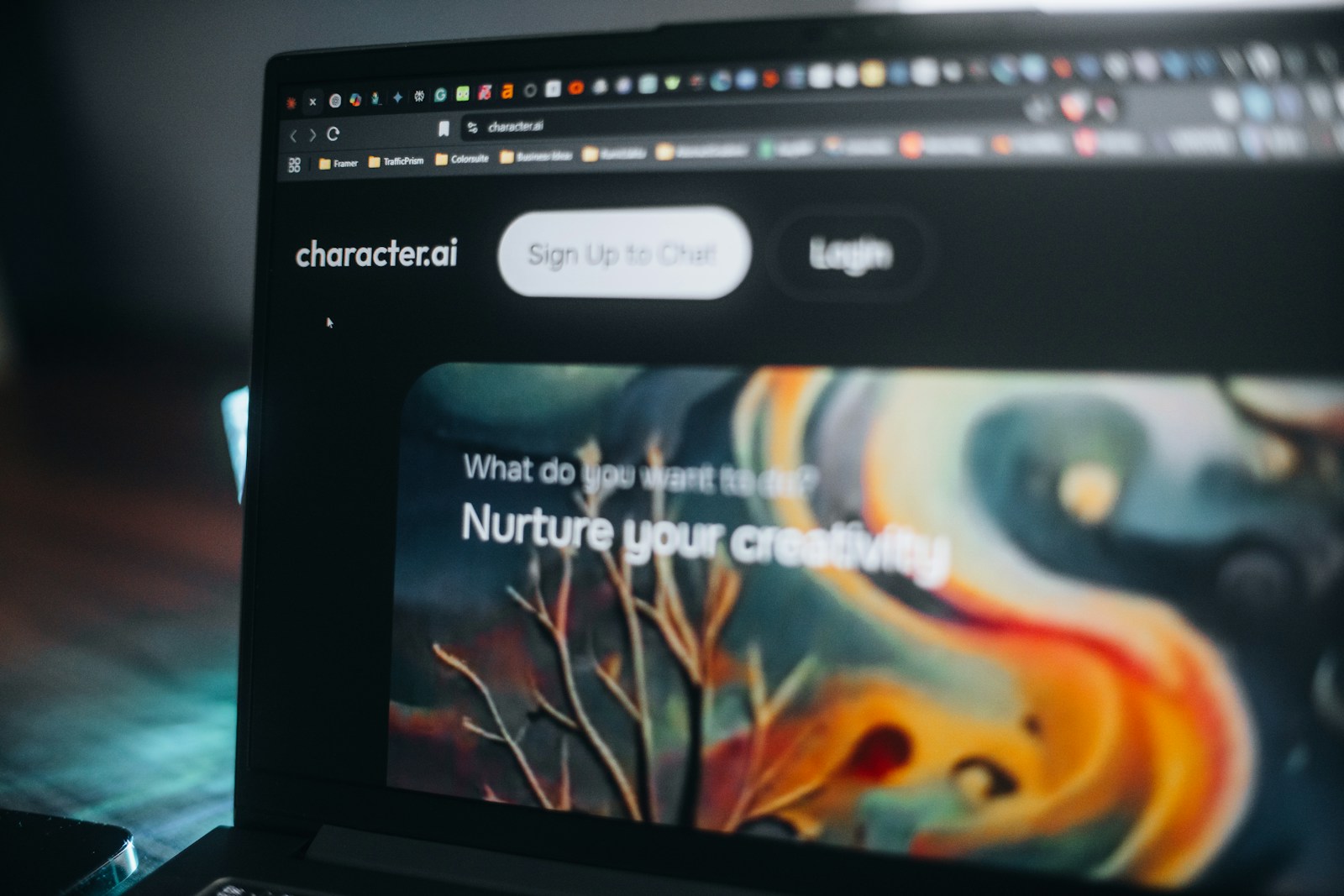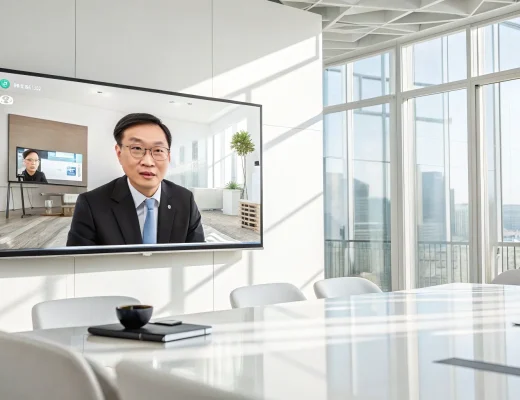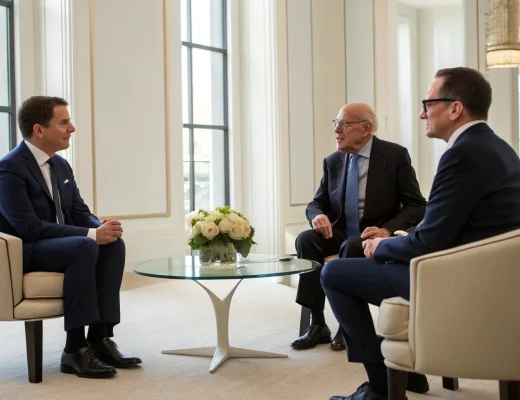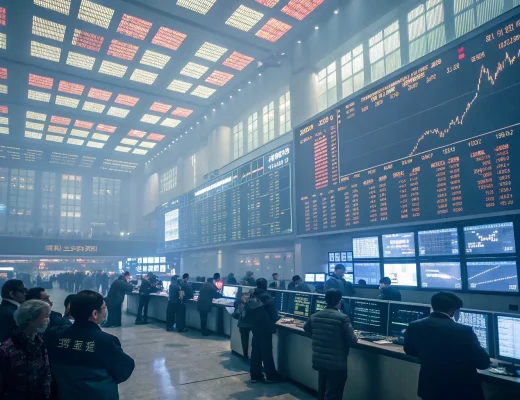Elon Musk continues to display animosity toward Sam Altman, the CEO of OpenAI, as part of what appears to be a sustained personal conflict between the two tech leaders.
The friction between Musk and Altman has become a notable subplot in the artificial intelligence industry, where both figures wield significant influence. Musk, who was among the original co-founders of OpenAI before parting ways with the organization, has increasingly directed criticism toward both the company and its chief executive.
A Complicated History
The relationship between the two tech executives has deteriorated significantly since OpenAI’s founding in 2015. Musk was initially a co-founder and early financial backer of the AI research laboratory, which was established as a nonprofit organization with the stated mission of ensuring artificial general intelligence benefits humanity.
Musk left OpenAI’s board in 2018, citing potential conflicts of interest with Tesla’s AI development. Since then, his public statements about the organization have grown increasingly critical, especially after OpenAI shifted from a purely nonprofit structure to a “capped-profit” model and secured major investment from Microsoft.
This transition appears to have fueled Musk’s disapproval, as he has repeatedly suggested that OpenAI has abandoned its original mission of developing AI safely and for the benefit of humanity.
Public Criticisms
Musk has used his substantial social media presence to voice disapproval of Altman and OpenAI. His criticisms have ranged from questioning the company’s governance structure to expressing concerns about AI safety practices.
The Tesla and SpaceX CEO has also taken more direct action, filing a lawsuit against OpenAI in early 2024, alleging that the company had strayed from its founding principles by prioritizing profit over safety.
For his part, Altman has generally maintained a more restrained public stance regarding Musk, though tensions between the two have occasionally surfaced during interviews and industry events.
Industry Implications
The conflict between these two influential figures has broader implications for the AI industry. Some key effects include:
- Increased public attention on AI ethics and safety concerns
- Heightened scrutiny of corporate structures in AI development companies
- Potential impact on talent recruitment and investor confidence
The ongoing friction also highlights fundamental disagreements about how AI development should proceed and be governed, with Musk advocating for more caution while criticizing what he perceives as
OpenAI’s commercially-driven approach.
This personal conflict takes place against the backdrop of Musk’s own AI ventures, including the formation of xAI, which positions itself as a competitor to OpenAI with different philosophical underpinnings.
As both leaders continue to shape the future of artificial intelligence through their respective organizations, their personal disagreements may continue to influence the direction and public perception of AI development.
Industry observers note that this tension reflects broader divisions within the tech community about responsible AI development, appropriate corporate structures for AI research, and the balance between innovation and safety in advancing these powerful technologies.







